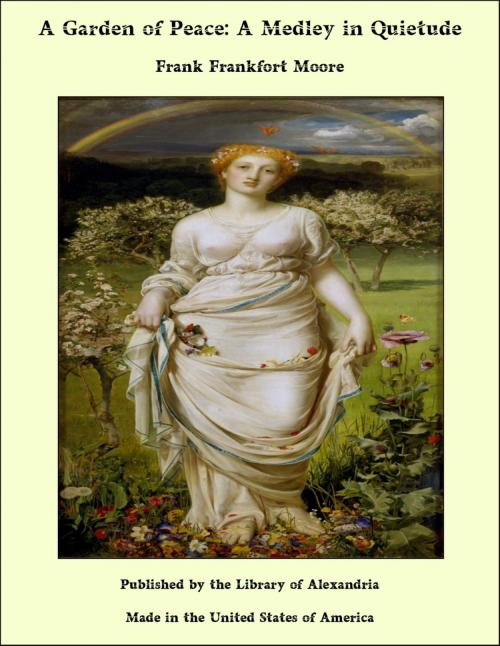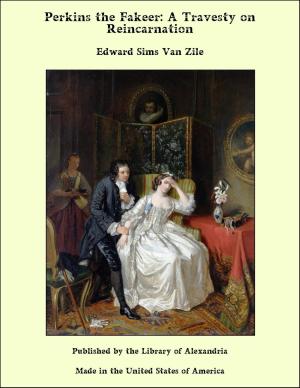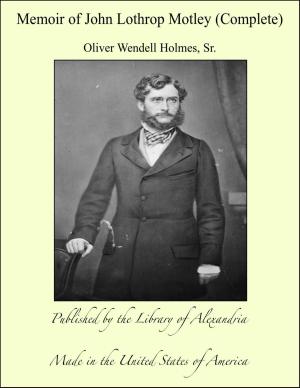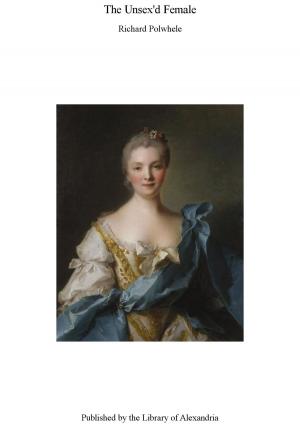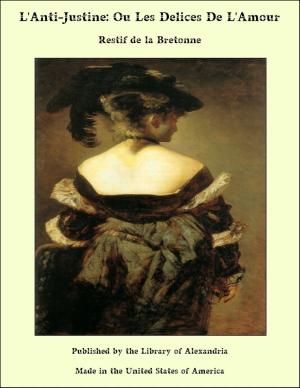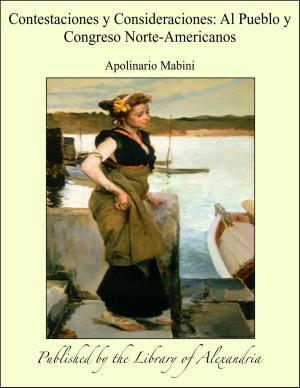A Garden of Peace: A Medley in Quietude
Nonfiction, Religion & Spirituality, New Age, History, Fiction & Literature| Author: | Frank Frankfort Moore | ISBN: | 9781465626868 |
| Publisher: | Library of Alexandria | Publication: | March 8, 2015 |
| Imprint: | Language: | English |
| Author: | Frank Frankfort Moore |
| ISBN: | 9781465626868 |
| Publisher: | Library of Alexandria |
| Publication: | March 8, 2015 |
| Imprint: | |
| Language: | English |
Dorothy frowns slightly, but slightingly, at the title; but when challenged to put her frown into words she has nothing worse to say about it than that it has a certain catchpenny click—the world is talking about The Peace and she has an impression that to introduce the word even without the very definite article is an attempt to derive profit from a topic of the hour—something like backing a horse with a trusty friend for a race which you have secret information it has won five minutes earlier—a method of amassing wealth resorted to every day, I am told by some one who has tried it more than once, but always just five minutes too late. I don't like Dorothy's rooted objection to my literary schemes, because I know it to be so confoundedly well rooted; so I argue with her, assuring her that literary men of the highest rank have never shown any marked reluctance to catch the pennies that are thrown to them by the public when they hit upon a title that jingles with the jingle of the hour. To descend to an abject pleasantry I tell her that a taking title is not always the same as a take-in title; but, for my part, even if it were—— And then I recall how the late R. D. Blackmore (whose works, by the way, 1 saw in a bookseller's at Twickenham with a notice over them—“by a local author”) accounted for the popularity of Lorna Doone: people bought it believing that it had something to do with the extremely popular engagement—“a Real German Defeat,” Tenniel called it in his Punch cartoon—of the Marquis of Lorne and the Princess Louise. And yet so far from feeling any remorse at arriving at the Temple of Fame by the tradesman's entrance, he tried to get upon the same track again a little later, calling his new novel Alice Lorraine: people were talking a lot about Alsace-Lorraine at the time, as they have been doing ever since, though never quite so loudly as at the present moment (I trust that the publishers of the novel are hurrying on with that new edition). But Dorothy's reply comes pat: If Mr. Blackmore did that, all she can say is that she doesn't think any the better of him for it; just what the Sabbatarian Scotswoman said when the act of Christ in plucking the ears of corn on the Sabbath Day was brought under her ken.
Dorothy frowns slightly, but slightingly, at the title; but when challenged to put her frown into words she has nothing worse to say about it than that it has a certain catchpenny click—the world is talking about The Peace and she has an impression that to introduce the word even without the very definite article is an attempt to derive profit from a topic of the hour—something like backing a horse with a trusty friend for a race which you have secret information it has won five minutes earlier—a method of amassing wealth resorted to every day, I am told by some one who has tried it more than once, but always just five minutes too late. I don't like Dorothy's rooted objection to my literary schemes, because I know it to be so confoundedly well rooted; so I argue with her, assuring her that literary men of the highest rank have never shown any marked reluctance to catch the pennies that are thrown to them by the public when they hit upon a title that jingles with the jingle of the hour. To descend to an abject pleasantry I tell her that a taking title is not always the same as a take-in title; but, for my part, even if it were—— And then I recall how the late R. D. Blackmore (whose works, by the way, 1 saw in a bookseller's at Twickenham with a notice over them—“by a local author”) accounted for the popularity of Lorna Doone: people bought it believing that it had something to do with the extremely popular engagement—“a Real German Defeat,” Tenniel called it in his Punch cartoon—of the Marquis of Lorne and the Princess Louise. And yet so far from feeling any remorse at arriving at the Temple of Fame by the tradesman's entrance, he tried to get upon the same track again a little later, calling his new novel Alice Lorraine: people were talking a lot about Alsace-Lorraine at the time, as they have been doing ever since, though never quite so loudly as at the present moment (I trust that the publishers of the novel are hurrying on with that new edition). But Dorothy's reply comes pat: If Mr. Blackmore did that, all she can say is that she doesn't think any the better of him for it; just what the Sabbatarian Scotswoman said when the act of Christ in plucking the ears of corn on the Sabbath Day was brought under her ken.
